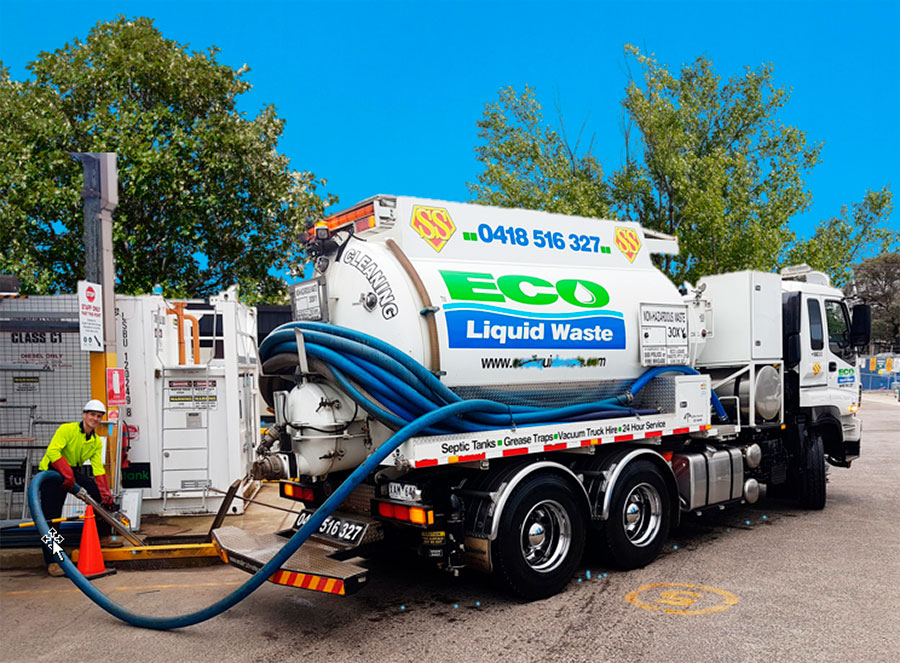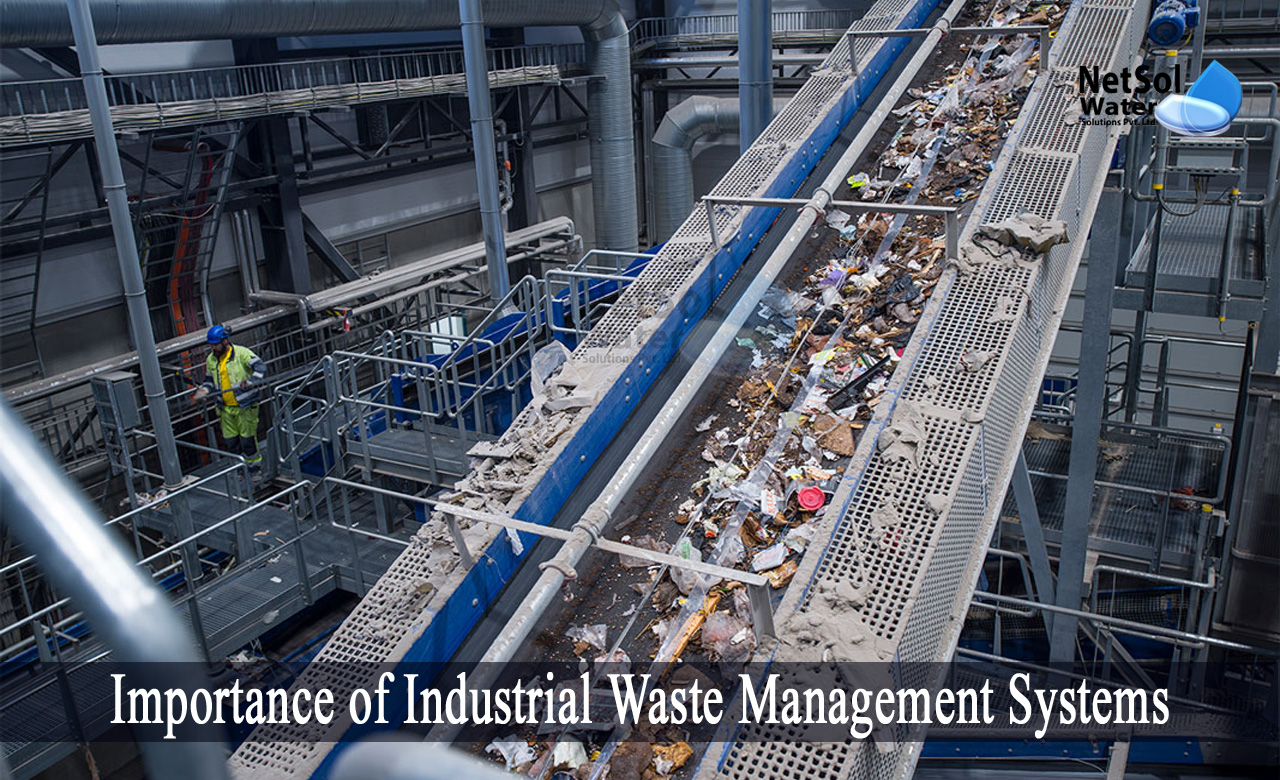The Definitive Guide for Reclaim Waste
The Definitive Guide for Reclaim Waste
Blog Article
Some Known Facts About Reclaim Waste.
Table of ContentsUnknown Facts About Reclaim Waste7 Simple Techniques For Reclaim WasteReclaim Waste - TruthsThe Facts About Reclaim Waste UncoveredThe Facts About Reclaim Waste Uncovered
With appropriate fluid waste administration, firms can lower energy-intensive treatment procedures and disposal prices. By following a system for handling liquid waste, firms can stay clear of expensive penalties and penalties and prevent unfavorable publicity.(https://www.awwwards.com/reclaimwaste1/)Gather representative samples from different points within the waste stream to make certain precision. Conduct periodic screening to track any kind of changes in the make-up. Maintain in-depth documents of characterization for future reference and compliance objectives. Fluid waste, particularly hazardous ones, presents substantial dangers throughout this action. Correct treatments reduce spills, leaks, and various other mishaps that can hurt the employees and the general public.

Disinfection (e.g., chlorination, ultraviolet light, ozonation) and nutrient removal (e.g., denitrification and phosphorus obliteration) are suggested under rigid laws. Countless companies violated a number of fluid waste disposal guidelines in recent years.
The Definitive Guide to Reclaim Waste

are used by markets that generate large volumes of low-toxicity liquid waste. Superficial basins have liquid waste that is permitted to vaporize via all-natural procedures. The residue left can be gotten rid of in landfills. includes shedding liquid waste at high temperature levels and converting it right into gas and ash. This kind of disposal is subject to rigorous environmental laws due to possibly dangerous exhausts.
The findings need to be recorded, assessed, and kept not simply for entry to regulatory authorities yet likewise for making improvements in the future. Usage dependable equipment, methods, and software program options to guarantee exact and consistent data collection. Stay upgraded on relevant environmental policies and sector requirements. Share details with pertinent stakeholders (e.g., staff members, regulative government firms, and nearby neighborhoods) go to preserve transparency and responsibility.
Recognizing these can assist them efficiently handle their procedures and lessen their ecological influence. Business that can not invest in facilities should think about working together with the public market for far better solutions.
Some Known Details About Reclaim Waste
By applying comprehensive management systems that consist of therapy and reusing methods, normal monitoring, danger analyses, and adherence to local and government guidelines, industrial facilities can add to the protection of groundwater materials, guaranteeing their availability for future generations (liquid waste removal). Allow's explore the value of effective fluid waste management in the commercial field, concentrating on its ramifications for safeguarding groundwater sources
The air pollution of groundwater sources as a result of incorrect liquid waste monitoring in the commercial market has far-reaching consequences for human wellness, agriculture, and the environment in its entirety. Some of the prospective influences caused by such contamination include: Polluted Drinking Water Products: As groundwater provides a considerable section of our alcohol consumption water, contamination from industrial tasks can lead to damaging chemicals and bacteria entering our water systems, presenting health dangers for human beings.
Decreased Agricultural Efficiency: Agriculture depends greatly on groundwater for watering; consequently, polluted water can hinder crop yields, contaminate agricultural items, and affect food safety. Given the value of maintaining groundwater resources, it is critical for services to take a positive stance in handling their fluid waste responsibly and avoiding pollution.
Not known Incorrect Statements About Reclaim Waste
Liquid waste can contaminate land and pollute waters. Details concerning dealing with and storing fluid waste, responding to spills and lowering fluid waste is readily available in the following fact sheets and assistance:.
The duty of waste management professionals in safeguarding this valuable source can not be overemphasized. Contaminated water and contaminated effluent administration: Ensuring that harmful fluids are safely eliminated and treated prior to they can hurt our water sources.
Hence, integrating sustainable fluid waste management into economic preparation enhances financial security and secures the setting, demonstrating the worth of this approach. In final thought, adopting professional fluid waste management methods is critical for ensuring a lasting future, safeguarding our atmosphere and securing the wellness of future generations.
When it pertains to getting rid of waste, adhering to correct treatments is vital for a plethora of reasons. Correct waste disposal is not nearly cleanliness; it's about guaranteeing the health of our atmosphere, wellness, and the efficient use of resources. Recognizing the importance of reliable waste management can help all of us add to a much healthier, cleaner earth.
The Single Strategy To Use For Reclaim Waste
Effective waste monitoring assists keep tidy streets and public spaces, decreasing the aesthetic impact of litter and ensuring that waste does not hurt wild animals. When waste is not thrown away properly, it can result in contamination, where unsafe materials can leach into the soil, water systems, and the air, producing lasting environmental problems.
Report this page